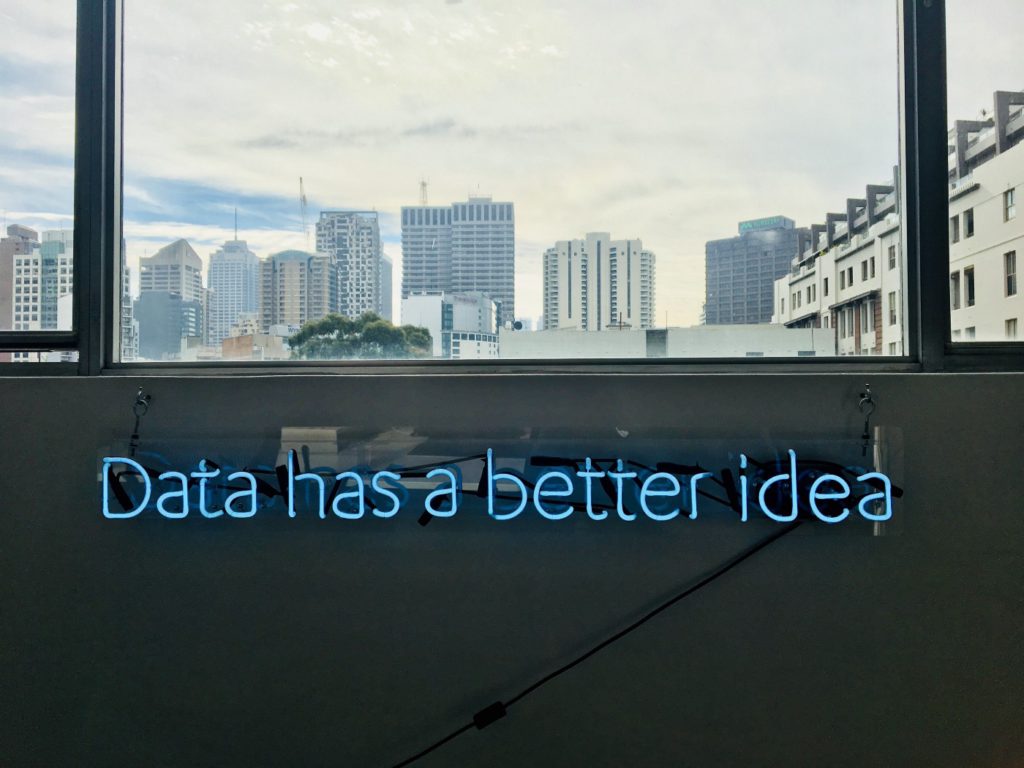There is a lot of data out there. According to Forbes, we create 1.7 megabytes of the stuff every second for every human being on Earth.
The saying that ‘data is the new oil’ is premature in my opinion, but it certainly could be.
We became addicted to oil because it was, at the time, the best way to power and run vital machinery. Data is a similar potential disruptor, but most businesses aren’t driven by it. Not yet.
Part of the problem is just how much of it we have. To harness the power of data, we need to find better tools to filter, analyse and use it.
I spoke to someone I know in senior HR, asking them about how data-driven their company is. The response was telling;
What sort of data do you mean? What type of meeting or decision are you asking about?
Digging further, one of the main issues is access. ‘I can’t get that data from the business.’
I’ve been there myself. ‘If only I could get visibility of our success in this channel.’ I thought. Or, ‘I wonder what engagement we got on that marketing campaign?’
Communication is part of the problem, but this is only compounded when you realise that most data is held by high-level custodians, far too busy to enable employee interrogation of it.
One of my best experiences in harnessing data was working with a brand who deeply understood their customer base. They had their demographics nailed.
Everyone I met at the company talked about their customer as ‘her’. They knew who she was, where she lived, how much she earned, what she liked to do. It was a full picture.
In meetings, when this brand considered new ideas, they looked at them through ‘her’ lens, not their own egos.
It was eye-opening. The customer this brand speaks for is not one dimensional, but built from understanding and layering information together.
And there is the rub.
How many companies have an HR department with employee engagement stats, customer excellence teams managing KPIs in a CRM, and disparate directors signing off performance bonus cheques?
If these strands were combined and considered in unison – what conclusions could you draw? How much better could that organisation operate?
We are in a data age now. Everyone will agree. But I challenge anyone reading this; is it actually driving your business? Because if data is the new oil, it really should be.

